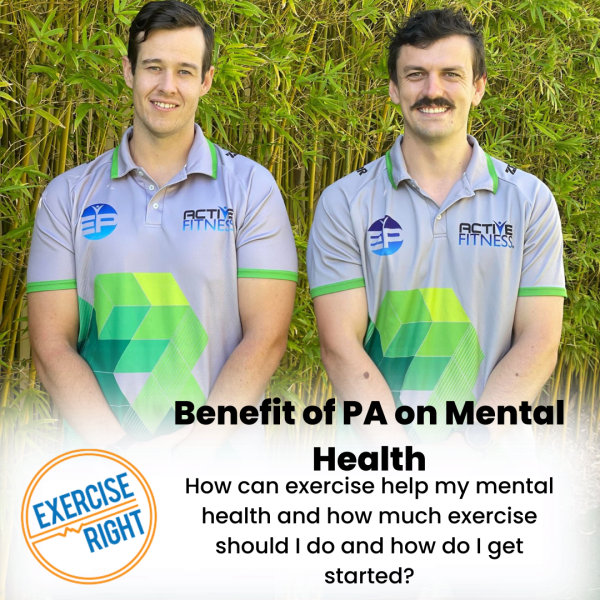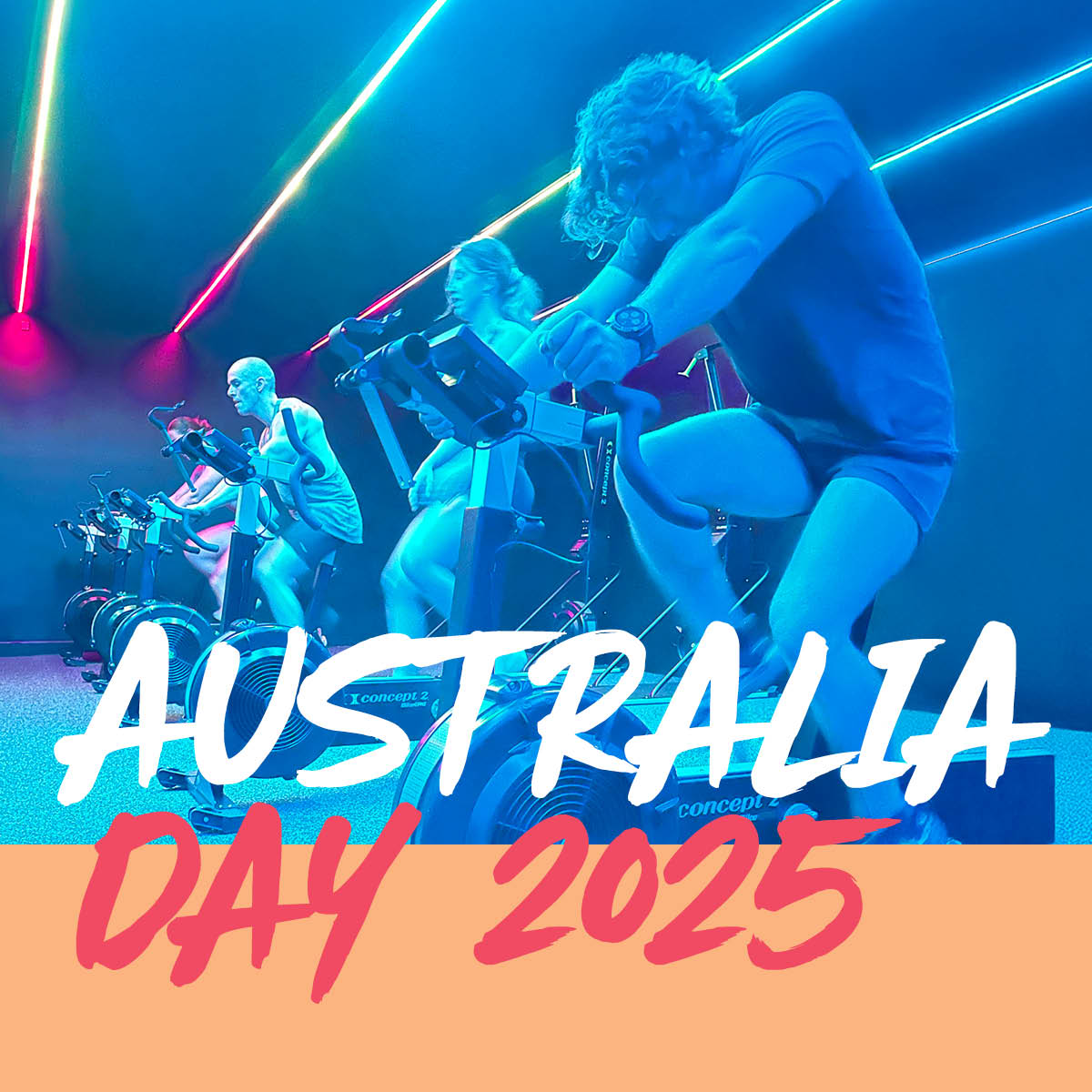Mental health is a key component of health and wellbeing that shapes the way we make decisions, develop relationships and influence the world we live in. It either encourages or hinders people to realise their abilities, work, learn, cope with the stresses of life and contribute to their community. Mental illness is defined as “a clinically diagnosable disorder that significantly interferes with a person’s cognitive, emotional or social abilities” (1).
– Over two in five Australians aged 16-85 years (43.7% or 8.6 million people) had experienced a mental disorder at some time in their life.
– Approximately 21% or 1 in 5 Australians aged 16-85 experienced a mental disorder within the past 12 months.
– In 2020-21, 3.4 million Australians aged 16-85 years (17.5%) saw a health professional for their mental health (2).
– Anxiety was the most common mental disorder and affected 16.8% of all Australians in 2020-21 (3)
How can exercise help my mental health?
– Exercise increases the feel good hormones in the brain such as serotonin and dopamine whilst decreasing stress hormones such as cortisol.
– Regular exercise can help to improve your sleep quality.
– Exercise can improve your sense of control, coping ability and self-esteem. People who exercise regularly often report how good achieving a goal makes them feel.
– Exercise can distract you from negative thoughts and provide opportunities to try new experiences.
– It offers an opportunity to socialise and get social support if you exercise with others.
– Exercise increases your energy levels.
– Physical activity can be an outlet for your frustrations.
– Exercise can reduce skeletal muscle tension, which helps you feel more relaxed.
– It improves your cardiovascular health and overall physical health (4).
How much exercise should I do and how do I get started?
– Adults should be aiming for approximately 2.5 hours of moderate physical activity each week, such as brisk walking or swimming.
– Exercise doesn’t need to be strenuous or time consuming. Try to choose forms of exercise that you enjoy.
– Start small, because any exercise is better than none (4).
To help you get started and get the right advice, see your GP, a psychologist or an accredited exercise physiologist.
References
1. Council of Australian Governments: Health Council. The Fifth National Mental Health and Suicide Prevention Plan [Internet]. 2017 [cited 2023 May 12]. Available from: https://www.mentalhealthcommission.gov.au/Monitoring-and-Reporting/Fifth-Plan
2. Australian Bureau of Statistics. National Study of Mental Health and Wellbeing [Internet]. 2021 [cited 2023 May 12]. Available from: https://www.abs.gov.au/statistics/health/mental-health/national-study-mental-health-and-wellbeing/latest-release
3. Australian Bureau of Statistics. Study paints picture of mental disorders in Australia [Internet]. 2022 [cited 2023 May 16]. Available from: https://www.abs.gov.au/media-centre/media-releases/study-paints-picture-mental-disorders-australia
4. Department of Health: Victoria, Sane Australia. Exercise and Mental Health [Internet]. 2021 [cited 2023 May 16]. Available from: https://www.betterhealth.vic.gov.au/health/healthyliving/exercise-and-mental-health#bhc-content



